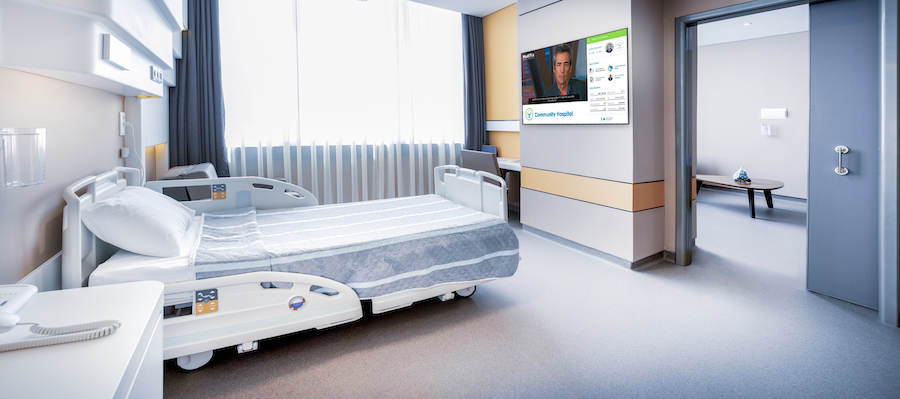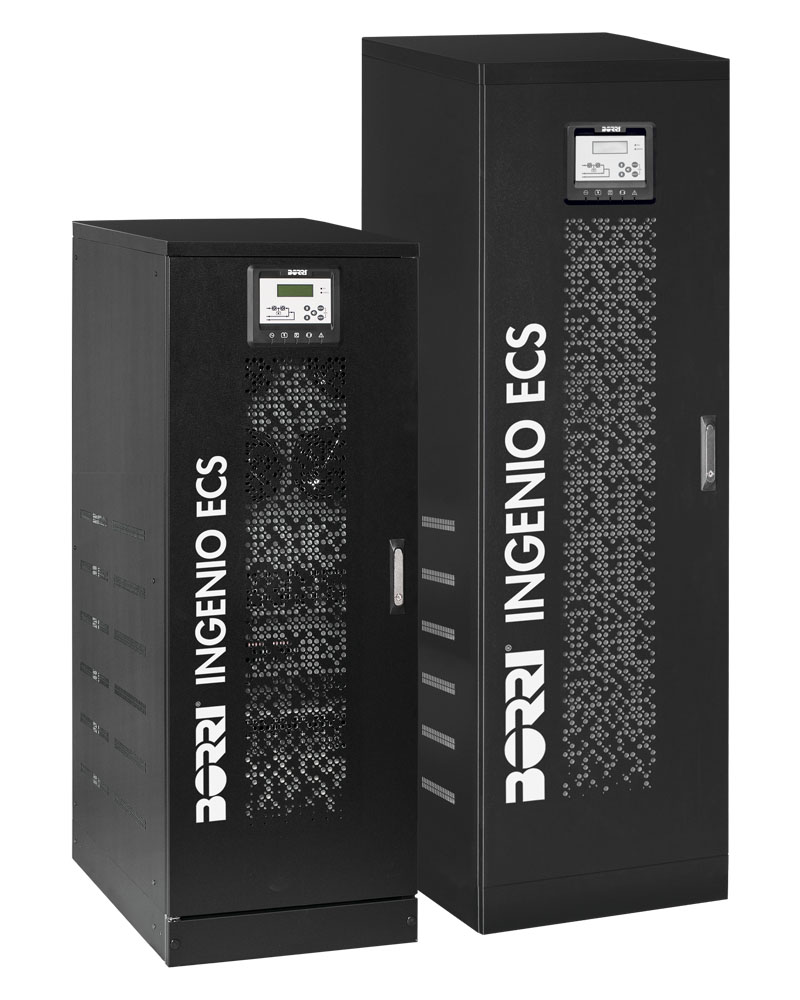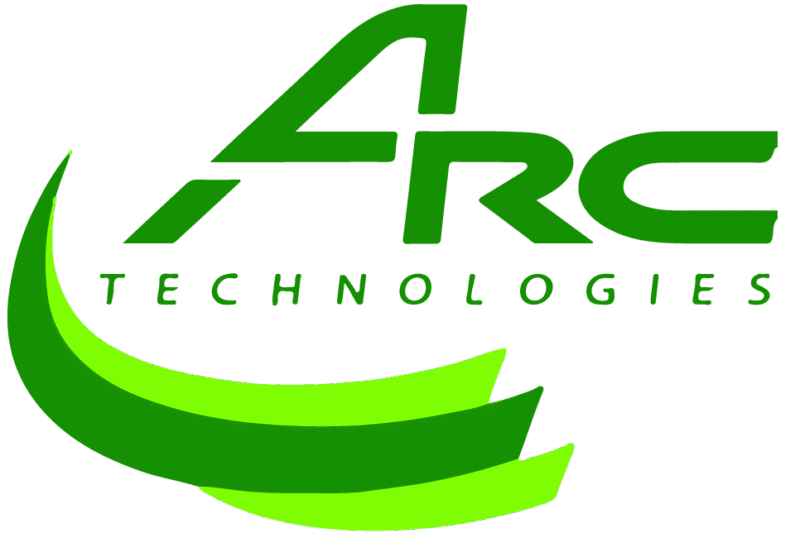In a hospital, critical power refers to the reliable and uninterrupted electricity supply required to keep essential medical equipment and systems running. It ensures life-support machines, operating rooms, and emergency systems continue functioning during power outages through backup sources like generators and UPS systems.

The Importance of Reliable Critical Power in Healthcare
Introduction
In the fast-paced world of healthcare, where every second counts and lives are at stake, dependable critical power is essential. From emergency rooms to operating rooms, healthcare facilities and hospitals rely on a consistent and uninterrupted power supply to ensure patient safety and the proper operation of important medical equipment. In this article, we will look at how important reliable critical power is in healthcare settings.

Understanding Critical Power Services
Critical power services include a wide range of solutions designed to ensure that important operations continue even in the case of a power outage. These services include the installation, maintenance, and monitoring of equipment such as UPS, generators, ATS, and PDUs. At its core, power services aim to provide healthcare with the piece of mind that comes from knowing their power infrastructure is secure, resilient, and capable of handling any emergency.
Services go beyond just installing power systems; they also include continual monitoring and maintenance to ensure that every component is working properly and efficiently. This proactive strategy assists in identifying and addressing possible issues before they become critical, so avoiding downtime and assuring continuous operation.
Hospital electrical standards
Hospital electrical standards ensure safety, reliability, and uninterrupted power for medical operations. They require separate circuits for critical and essential systems, backup power through generators and UPS units, proper grounding, and protection against electrical faults. These standards follow international guidelines such as IEC, NFPA 99, or local healthcare regulations to maintain patient safety and continuous equipment performance.
The Importance of Critical Power Services in Healthcare
Healthcare facilities have unique and demanding electrical requirements. They power a wide range of loads from basic office equipment like computers and lighting to specialized systems for food services, laundry, and medical gas supplies. More critically, hospitals depend on uninterrupted power for life-saving equipment such as ventilators and monitoring devices, where even a moment of downtime is unacceptable. Reliable critical power services ensure continuous operation, safeguard patients and healthcare staff, and maintain compliance with hospital standards and regulations.

Benefits of Implementing Critical Power Services
The advantages of establishing essential power services in healthcare are critical and far-reaching. Most importantly, they ensure reliability, keeping vital hospital operations running without interruption through regular maintenance and proactive monitoring. They also protect both patients and medical staff by safeguarding sensitive equipment from power-related risks, helping facilities comply with strict healthcare safety standards. By minimizing outages, these services prevent costly disruptions to care and reduce the financial burden of downtime. Finally, the flexibility of critical power solutions allows hospitals and healthcare institutions to scale their infrastructure as patient needs and facility demands grow, ensuring continuous reliability well into the future.
Hospital generator requirements
Hospital generator requirements include providing reliable backup power to ensure continuous operation of critical systems during outages. Generators must start automatically within seconds of a power failure and supply sufficient capacity for life-support equipment, emergency lighting, HVAC, and communication systems. They should meet healthcare standards, be regularly tested, and have adequate fuel storage to operate for extended periods without interruption.
Conclusion
In healthcare, critical power services are not an option, they are a lifeline. Hospitals and medical facilities cannot risk downtime, as uninterrupted power is essential to keep life-saving equipment, monitoring devices, and essential services running without interruption. Reliable critical power ensures patient safety, supports medical staff, and guarantees compliance with strict healthcare standards.
At ARC Technologies, we offer Borri’s UPS solutions. Contact us today to learn how we can help ensure your healthcare operations remain safe, reliable, and uninterrupted.
FAQs
+
-
Why are critical power services important in healthcare?
Critical power services ensure the uninterrupted operation of life-saving equipment such as ventilators and monitoring systems. They protect patients and medical staff while helping hospitals comply with strict safety and regulatory standards.
+
-
What do critical power services include for hospitals?
These services cover the installation, maintenance, and monitoring of systems like UPS, generators, ATS, and PDUs. They also involve proactive monitoring and preventive maintenance to detect and resolve issues before they cause downtime.
+
-
What is critical power in a hospital?
+
-
What is the definition of critical power?
Critical power is defined as the highest level of constant power output that can be sustained over an extended period without leading to fatigue or exhaustion. It represents the balance point between aerobic and anaerobic energy use and is commonly used in sports science to measure endurance performance.


 العربية
العربية

